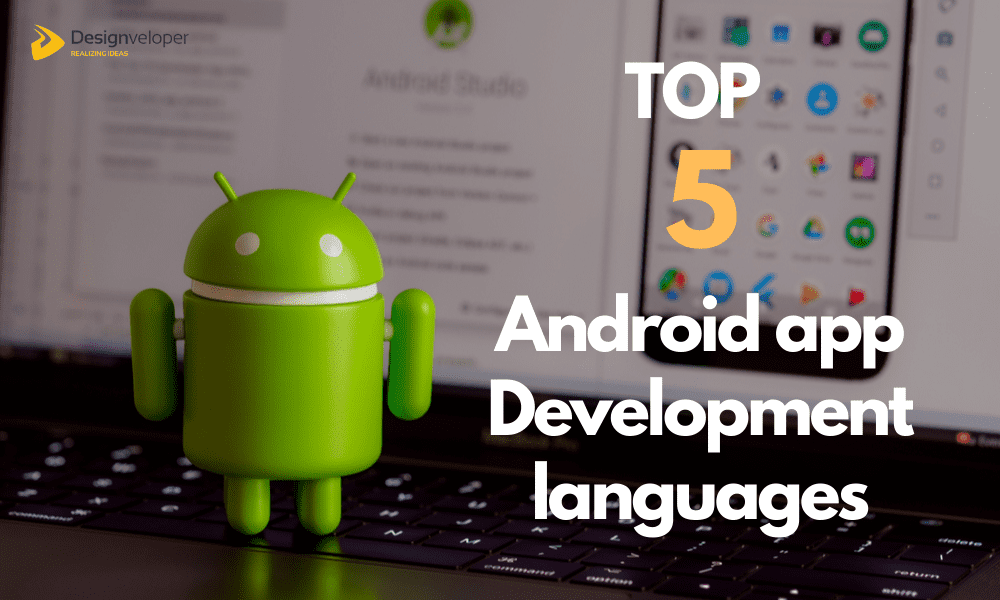The Different Programming Languages for Android App Development

When it comes to Android app development, choosing the right programming language is crucial. The programming language you select will determine the efficiency, scalability, and performance of your app. In this article, we will explore the various programming languages commonly used for Android app development and discuss their features, benefits, and use cases.
Java
Java has been the traditional and most widely used programming language for Android app development. It is an object-oriented language known for its stability, reliability, and extensive community support. Java offers a rich set of libraries and frameworks specifically designed for Android development, making it an excellent choice for beginners and experienced developers alike.
Features and Benefits
Java provides several features and benefits for Android app development:
- Object-oriented programming: Java follows the object-oriented paradigm, allowing developers to create modular and reusable code.
- Robust ecosystem: Java has a vast collection of libraries and frameworks, such as Android SDK, that simplify development and offer ready-to-use functionalities.
- Platform independence: Java programs can run on any platform with a Java Virtual Machine (JVM), making them highly portable.
- Garbage collection: Java's automatic garbage collection system manages memory allocation and deallocation, reducing the risk of memory leaks.
Use Cases
Java is suitable for a wide range of Android app development projects:
- Enterprise apps: Java's stability and scalability make it ideal for building enterprise-level applications.
- Games: Java's performance and extensive libraries make it a popular choice for developing Android games.
- Social networking apps: Java's robust ecosystem enables developers to integrate social media functionality seamlessly.
Kotlin
Kotlin is a modern programming language that was officially supported by Google for Android development in 2017. It is fully interoperable with Java and provides several advantages over its predecessor. Kotlin offers concise syntax, null safety, enhanced nullability checks, and improved code readability. It also reduces boilerplate code, making development faster and more efficient.
Features and Benefits
Kotlin offers several features and benefits for Android app development:
- Interoperability: Kotlin can seamlessly integrate with existing Java code, allowing developers to adopt it gradually.
- Null safety: Kotlin's type system eliminates the notorious NullPointerException by distinguishing nullable and non-nullable types.
- Coroutines: Kotlin provides built-in support for coroutines, enabling developers to write asynchronous code in a more concise and readable manner.
- Data classes: Kotlin's data classes simplify the creation and manipulation of data structures, reducing boilerplate code.
Use Cases
Kotlin is well-suited for various Android app development scenarios:
- New projects: Kotlin's modern features make it an excellent choice for starting new Android app projects.
- Migration from Java: Developers can gradually migrate their existing Java codebase to Kotlin, leveraging its advantages without rewriting everything.
- Coroutines: Kotlin's coroutines are particularly useful in scenarios that involve asynchronous operations, such as network requests and database access.